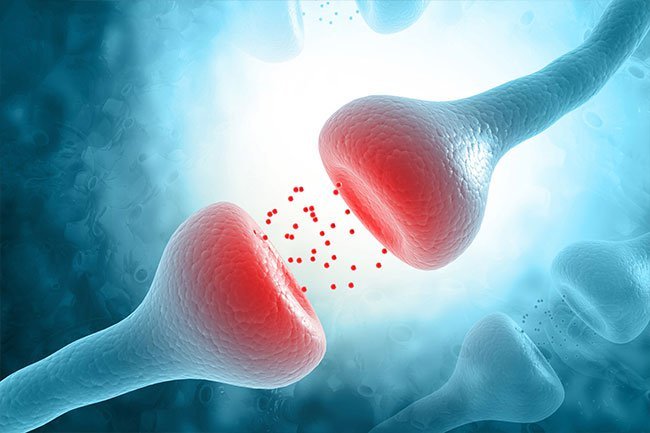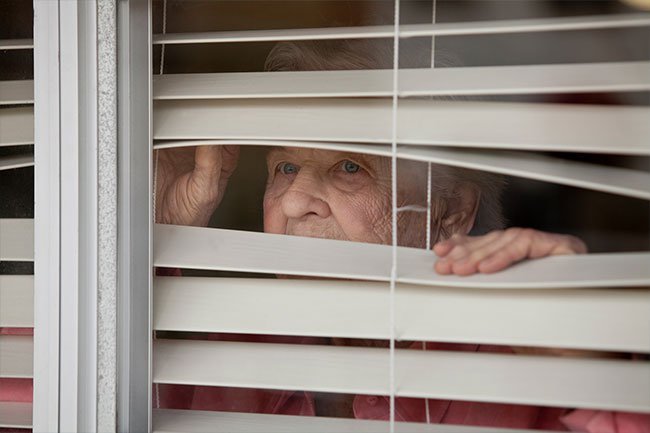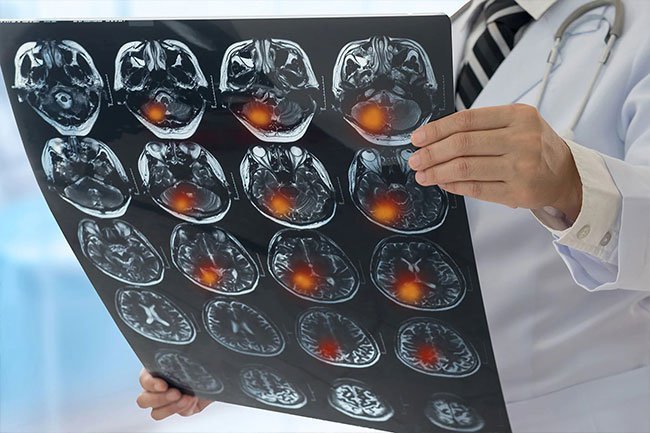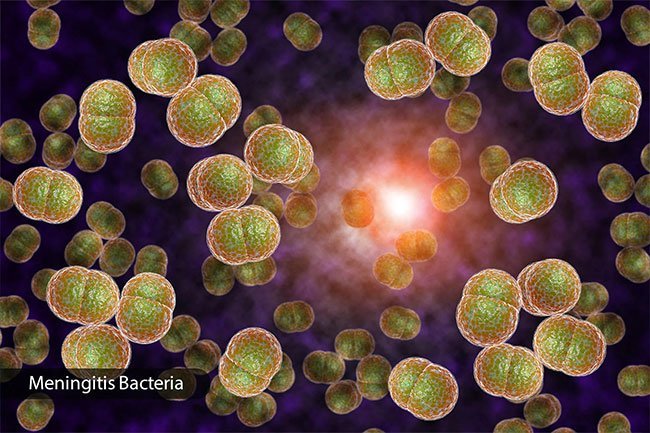Brain and Nervous System: Conditions That Can Cause Hallucinations
Types of Hallucinations

Hallucinations are when you see, feel, hear, smell, or taste things that aren't there. Auditory hallucinations make you hear voices or sounds. Visual hallucinations make you see imaginary objects, or see real objects differently. Olfactory hallucinations cause odors that only you can smell, and tactile hallucinations can make it seem like your skin is crawling with bugs. Gustatory hallucinations give you strange tastes in your mouth.
Diabetes

You may start to hallucinate when your blood sugar is very high for a long time. If it's over 600 milligrams per deciliter (mg/dL), you might have hyperosmolar hyperglycemic syndrome. That's a serious complication of diabetes that causes extreme thirst, fever, confusion, and hallucinations. You'll need IV medications to lower your blood sugar and add fluids and electrolytes to your body.
Schizophrenia

Hearing voices in your head is a common symptom. Around half of people with schizophrenia get them. Some people have visual hallucinations. Doctors are still learning what causes these symptoms. They think it may be a combination of changes in your brain, genetics, and your environment. Antipsychotic medications can help ease them.
Parkinson's Disease

Over half of all people with this condition have hallucinations or delusions. It usually causes visual hallucinations. Experts aren't sure why. They think it might be because of changes in the brain from treatment or just the disease itself. It sometimes happens with other types of dementia, like Lewy body. Your doctor may prescribe antipsychotic medications to help keep your hallucinations under control.
Alzheimer's Disease

The changes that happen to your brain when you have Alzheimer's disease can lead to hallucinations. You may also feel paranoid, or think people are out to get you. Drugs that treat Alzheimer's might help by changing the way your brain chemicals act.
Migraine

A migraine with aura causes you to see flashes of light, or have blind spots or other vision changes. You might also feel numb or tingly in your hands and face. These symptoms usually happen about an hour before head pain. Experts think auras may be like an electrical or chemical wave across the vision part of your brain. Your doctor can prescribe medication to both treat and ward off migraines.
Brain Tumor

Mental confusion is a common symptom. Brain tumors can lead to forgetfulness, speech problems, or mood shifts. They may also cause visual hallucinations. You might see things that aren’t there or act differently than you usually do. You may need surgery or radiation to treat the tumor.
Charles Bonnet Syndrome

That's a disease that causes visual hallucinations in people with vision loss. Doctors think they may happen because your brain keeps processing images even though you can't see. They go away once your vision comes back. If you're permanently blind, you can learn ways to block the hallucinations. Antipsychotic drugs might also help.
Sleep Disorders

Certain sleep conditions cause hallucinations. They're typically visual hallucinations that happen as you're falling asleep or waking up. They're a lot like dreams, but they seem more real. A sleep specialist can help with lifestyle changes or medications that may ease them.
PTSD

Rarely, posttraumatic stress disorder can cause auditory hallucinations. You might hear voices or a set of voices, or you may just have a ringing in your ears. You might also feel paranoid and suspicious of others. Treatment includes psychotherapy, such as talk therapy, and medications.
Fever

Children sometimes hallucinate when they have high fevers. The hallucinations usually go away within a few minutes. Lowering the fever stops them. Treatments include ibuprofen or acetaminophen, fluids, and rest.
Infection

Some serious infections or illnesses like meningitis or septic shock can set off hallucinations. Once the infection is cleared, the hallucinations should go away.
Brain and Nervous System: Conditions That Can Cause Hallucinations
IMAGES PROVIDED BY:
- Getty
- Getty
- Getty
- Getty
- Getty
- Getty
- Getty
- Getty
- Getty
- Getty
- Getty
- Getty
REFERENCES:
- National Health Service (U.K.): "Hallucinations and hearing voices."
- Parkinson's Foundation: "Hallucinations/Delusions."
- Cleveland Clinic: "Hyperosmolar Hyperglycemic Syndrome."
- Scientific Reports: "Hallucinations in schizophrenia and Parkinson's disease: an analysis of sensory modalities involved and the repercussion on patients."
- Schizophrenia Bulletin: "The Treatment of Hallucinations in Schizophrenia Spectrum Disorders."
- Mayo Clinic: "Schizophrenia," "Fever treatment: Quick guide to treating a fever."
- American Parkinson Disease Association: "A Guide For Understanding Parkinson's Disease Psychosis Hallucinations & Delusions."
- International Medicine Review: "Treatment of Parkinson's disease psychosis."
- National Institute on Aging: "Alzheimer's and Hallucinations, Delusions, and Paranoia."
- Mayo Clinic: "Migraine with Aura," "Post-traumatic stress disorder (PTSD)."
- Cancer.Net: "Mental Confusion or Delirium."
- American Brain Tumor Association: "Signs & Symptoms."
- Genetic and Rare Diseases Information Center: "Charles Bonnet syndrome."
- American Academy of Sleep Medicine: "Sleep Hallucinations."
- University of Pennsylvania Perelman School of Medicine: "Post-traumatic Stress Disorder."
- Sepsis Alliance: "Hallucinations."
- Intensive Care Medicine: "Incidence of recall, nightmares, and hallucinations during analgosedation in intensive care."
- Alzheimer’s Association: "Lewy Body Dementia."
© 1996-2022 WebMD, LLC. All rights reserved.
Source slideshow on WebMD


